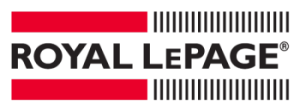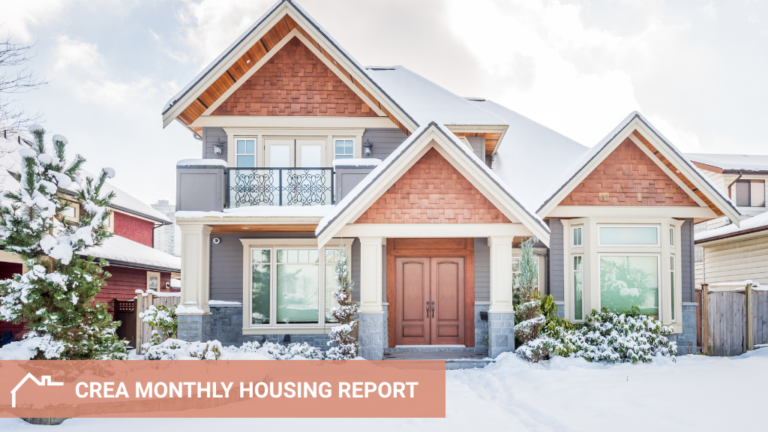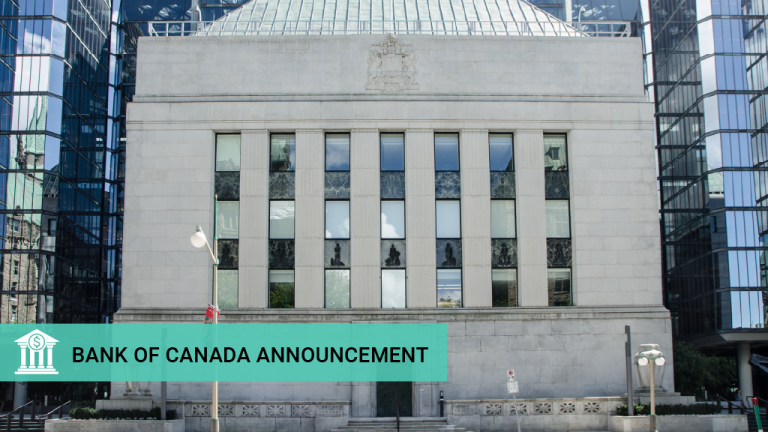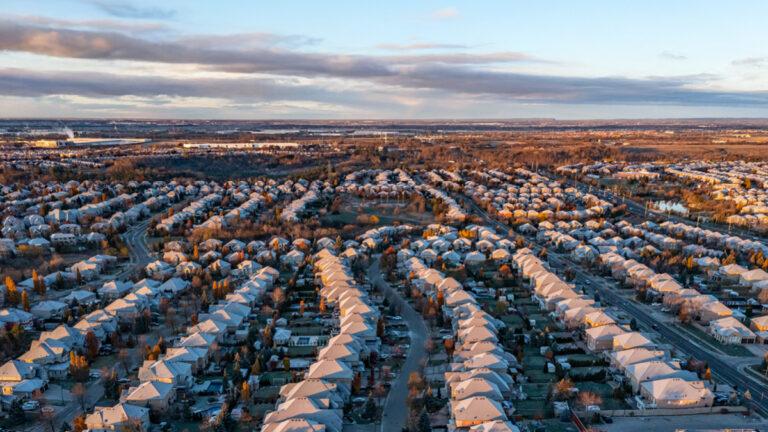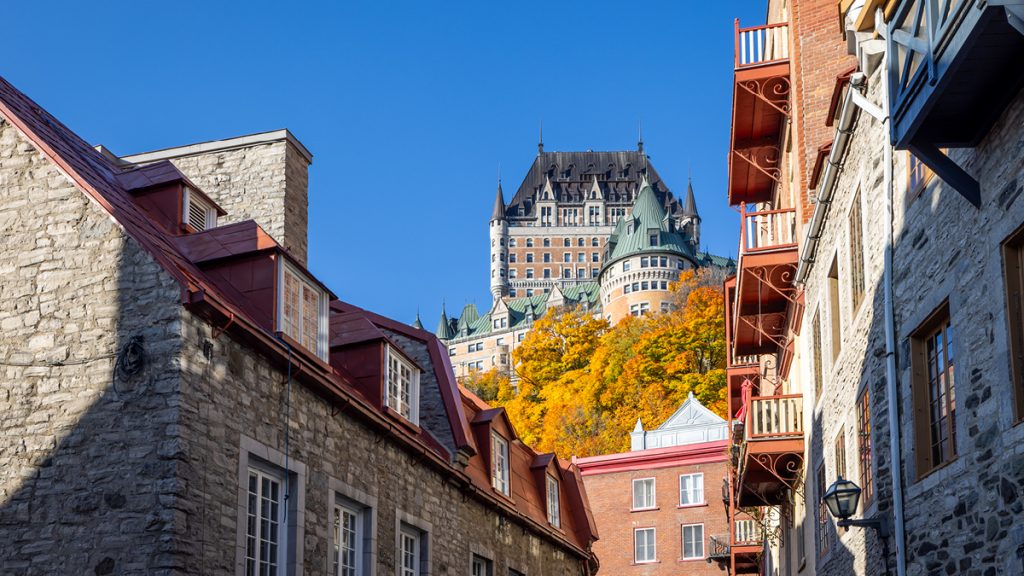
Quebec’s real estate market continued to defy the national trendline in the third quarter, maintaining strong activity levels and price appreciation against economic uncertainty and global trade tensions. Despite forecasts of a slowdown, the province’s residential market continues to show unwavering strength and resilience, according to the latest results of the Royal LePage® House Price Survey and Market Forecast.
“The remarkable performance of Quebec’s real estate markets in the third quarter attests to the strength of its economic foundations. The Greater Montreal Area market, although less buoyant than the rest of the province in terms of sales growth, remains stable and favourable for sellers. We are seeing particularly strong momentum in Quebec City, where prices continue to climb rapidly and where inventory, which is nearly four times lower than pre-pandemic levels, has been quickly absorbed by strong demand. The province of Quebec is performing very differently than British Columbia and Ontario, establishing itself as a key player in the national real estate landscape. However, it should be noted that Montreal and Quebec City are beginning to catch up to the price levels of some of Canada’s major metropolitan areas, which is not always good news for affordability,” said Dominic St-Pierre, senior vice president of business development, Royal LePage.
“Despite some caution among households, demand remained strong, as evidenced by annual price increases in most markets across the province. The purchase of a property remains a desirable long-term investment project, and we are seeing that basic housing needs continue to support the market, even in a more uncertain environment. It should be noted that in some markets, a historic surplus of condominiums was quickly absorbed by strong demand, contributing to price increases in this segment.”
Home ownership remains an important goal for Quebecers. According to a recent Royal LePage survey, conducted by Burson, 12% of adults in the province say they are actively working toward purchasing their first home within the next two years. Less than one-third of them (29%) say they will receive financial assistance from family members for their down payment. This is the lowest instance among the provinces, and well below the national average (41%).
Across Canada, the aggregate1 price of a home rose modestly by 0.1% year over year in the third quarter of 2025, reaching $816,500. Among the country’s major markets, the aggregate price of a home in the greater regions of Toronto and Vancouver recorded declines of 3.5% and 3.1% respectively, illustrating a clear divergence in trends.
Declining interest rates spurring buyer demand
In its announcement on September 17th, the Bank of Canada cut its key interest rate by 25 basis points to 2.5%. This is the first rate cut since March. The decision comes as inflation remains close to the Bank’s 2% target and the economy is weakening with an unpredictable labour market. The cumulative effect of these cuts has helped stimulate the market, reviving buyer confidence and putting upward pressure on prices in most regions, due to continued limited supply.
“The rate cuts in January and March had already boosted interest among many buyers. After maintaining the overnight lending rate for several months, the Bank of Canada decided to lower it by 25 basis points in September. Inflation remains within the target range, but reported weakness in employment in August justified further rate easing,” said St-Pierre. “This decision demonstrates a clear commitment to keeping the economy on track. For real estate, lower borrowing costs could further boost activity this fall. Even though buyers weren’t waiting for this rate cut, any measure that makes housing more affordable will inevitably stimulate demand, which is already fundamentally strong.”
Third quarter highlights:
- In the third quarter, the Greater Montreal Area’s real estate market posted notable growth, with a 4.9% year-over-year increase in the aggregate price of a home. This performance contrasts with the declines recorded in the Greater Toronto Area (-3.5%) and Greater Vancouver (-3.1%).
- Quebec City continues to stand out in terms of aggregate price appreciation, posting an impressive 16.5% increase in the third quarter compared to Q3 2024, confirming its position as the national leader in price growth.
- The real estate markets of Sherbrooke and Trois-Rivières recorded notable year-over-year gains, with the aggregate price increasing 4.6% and 7.0%, respectively, in Q3 of 2025. Meanwhile, prices rose a more modest 1.2% in Gatineau.
1Aggregate prices are calculated using a weighted average of the median values of all housing types collected. Data is provided by RPS Real Property Solutions and includes both resale and new build.
